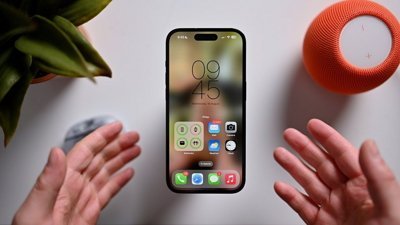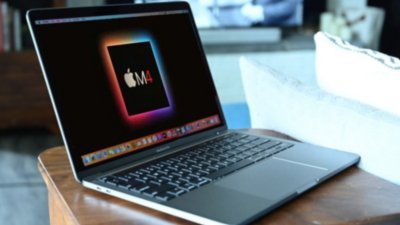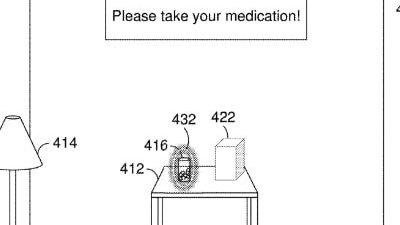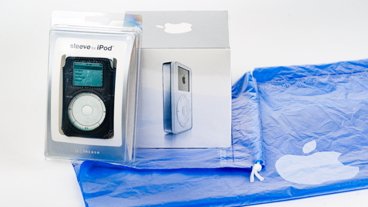Apple comes under fire over "exploding" iPod response
In a story Monday from The Times, Apple is accused of issuing a "gagging order" on the family, offering the refund under the condition that the family sign a settlement form. But Apple has fired back, saying that such requests are standard practice in settlement agreements.
Analyzing the story, The Unofficial Apple Weblog notes that a "gagging order" can only come from a court, and no court is yet involved in the incident. In addition, they add that confidentiality agreements are par for the course in such situations.
"Sure, a letter filled with legalese is a little heavy-handed," the report reads, "but hey, the iPod was out of warranty and when a company agrees to give you money it doesn't feel it owes you, especially in a situation such as this one, it can very well request confidentiality you keep your trap shut about it going forward."
The trouble began when Liverpool's Ken Stanborough dropped his 11-year-old daughter's iPod touch. The device hissed, then popped and allegedly shot 10 feet into the air. After Stanborough called Apple to complain, he received a letter denying any liability on the company's part, but offering him a refund if he would “agree that you will keep the terms and existence of this settlement agreement completely confidential." If Staborough were to breach the agreement, he could be subjected to litigation.
“They’re putting a life sentence on myself, my daughter and Ellie’s mum, not to say anything to anyone," Stanborough told The Times. "If we inadvertently did say anything, no matter what, they would take litigation against us. I thought that was absolutely appalling."
The latest report echoes earlier, separate dangerous iPod incidents. Just last month, Apple was accused of stalling an investigation over another reported iPod fire. In that case, the battery on an iPod shuffle allegedly caught fire on the victim's arm when she was out for a run.
When a TV reporter attempted to investigate the incident, she claimed her search for data was repeatedly impeded, as Apple asked for Consumer Product Safety Commission reports to be exempted from the Freedom of Information Act, hiding them from public view.
When the reporter finally received the requested information, she was surprised at just how long Apple and the CPSC had been aware of problems: Fires had been reported as long ago as 2005 and have been noted periodically ever since. The 800-page report had even already pinpointed the lithium-ion battery packs as the likely causes because of their occasional tendency to overheat, but despite the evidence, hadn't led to a mandatory recall. Commission officials had determined that the the scarcity of incidents — just a handful compared to the 175 million iPods sold at the time — had made the risk of any injury, let alone any serious injuries, "very low." It also believed that newer batteries weren't shown vulnerable to the same sort of overheating.
 Neil Hughes
Neil Hughes










 Malcolm Owen
Malcolm Owen

 William Gallagher
William Gallagher

 David Schloss
David Schloss
 Amber Neely
Amber Neely









